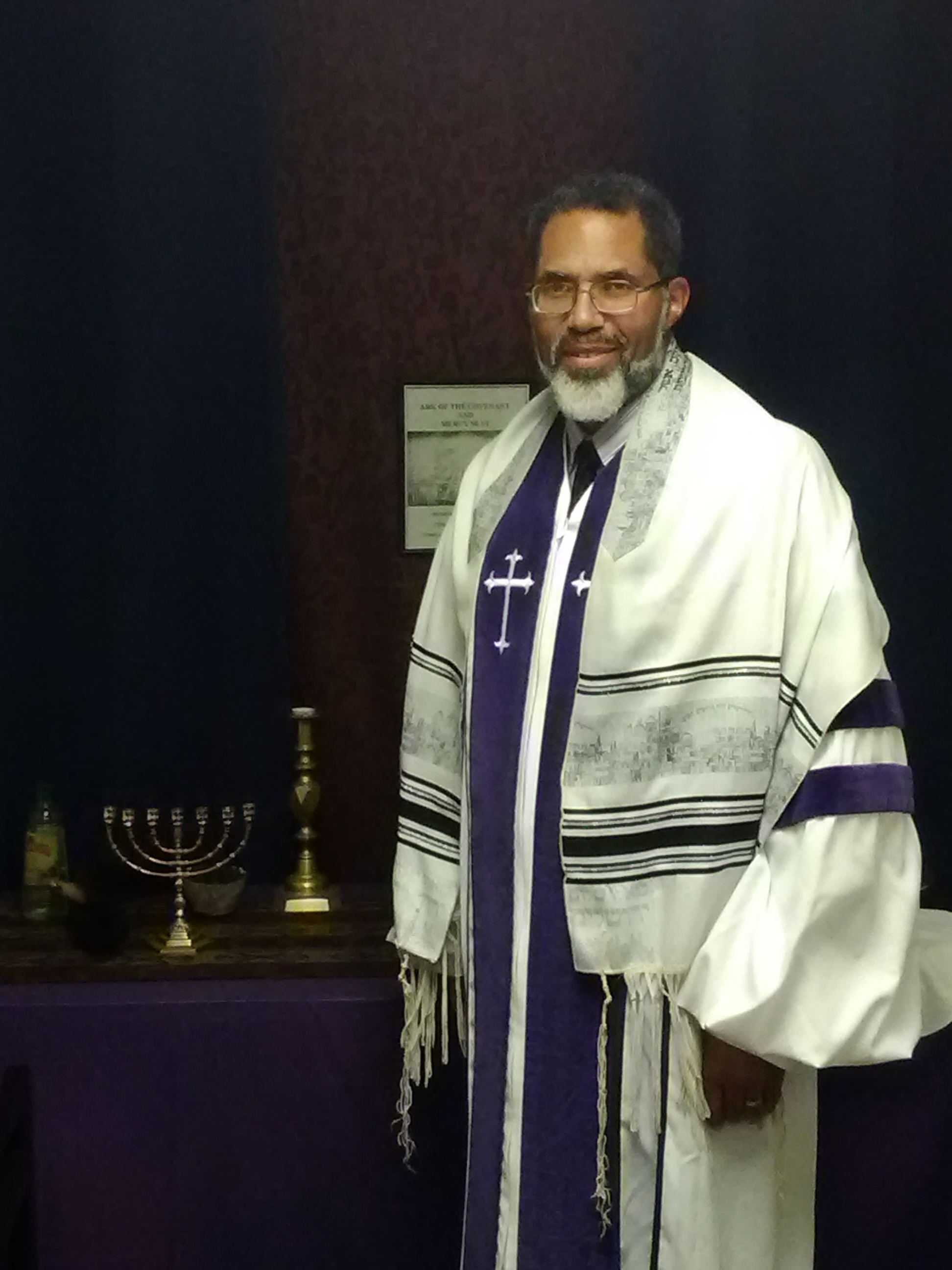The Feasts of YHWH
(cont.)
by Dave R. Mode, Jr.
Yom Kippur (Day of Atonement)
(Sept./Oct.)
Yom Kippur, the day of Atonement,
was held on the tenth day of the seventh month. On this day the High Priest
would make atonement for the entire congregation of YHWH. This feast
points to Yahshua being the atoning sacrifice, and the High Priest
who completed the process of atonement providing eternal redemption for
the repentant believer.
Sukkot (Tabernacles)
(Sept./Oct.)
Sukkot, the feast of Tabernacles.
A seven day celebration of remembering the presence of YHWH with the
congregation of Israel in route to the land of promise. It is celebrated from the 15th to the 21st day of the seventh month
by dwelling in tents for seven days. The significance of this feast
points to how the presence of Elohim tabernacles with the present day Messianic Israel
while being in route to the land of promise where we shall forever
rule with Messiah.
Although initial salvation
for the believer is not conditioned by celebrating the feasts of YHWH,
the believer ought to consider that the celebration of the feasts of YHWH will be mandatory in the visible kingdom of Messiah. An evidence of
this fact is noted in Zechariah 14:16-19.
“And it shall come to pass
that every one that is left of all the nations which came against Jerusalem
shall even go up from year to year to worship the King, YHWH of Hosts,
and to keep the feast of tabernacles. And it shall be, that whoso will
not come up of all the families of the earth unto Jerusalem to worship
the King, YHWH of host, even upon them shall be no rain. And if the
family of Egypt go not up, and come not, that have no rain; there shall
be the plague, wherewith YHWH will smite the heathen that come not
up to keep the feast of tabernacles. This shall be the punishment of Egypt,
and the punishment of all nations that come not up to keep the feast of
tabernacles.” (Zech. 14:16-19)
As believers in Yahshua,
let us not overlook the importance of what Elohim has instituted. For YHWH
has purposed from the foundation of the world that “His Appointed Times”
would point the way to redemption and restoration in the Messiah. Elohim told
the saints (holy people) under the first covenant to keep the
feasts throughout the generations as a statute (rule) forever. Under the
renewed covenant, the continued celebration of the feasts of YHWH continues
to bring edification and strength to the believer.
History and the Scriptures
record that from the 1st to the 3rd century CE the new covenant Messianic
community continued the celebration of the feasts of YHWH as pointing
to Messiah. A biblical evidence of this is recorded in Acts 20:16 of the
Apostle Paul determining to go to Jerusalem to celebrate Shavuot (Pentecost).
Since the early believers
of the Messianic community celebrated the feasts of YHWH, then maybe
the present day believers should also celebrate YHWH’s feasts.
<1,
2,
3>

